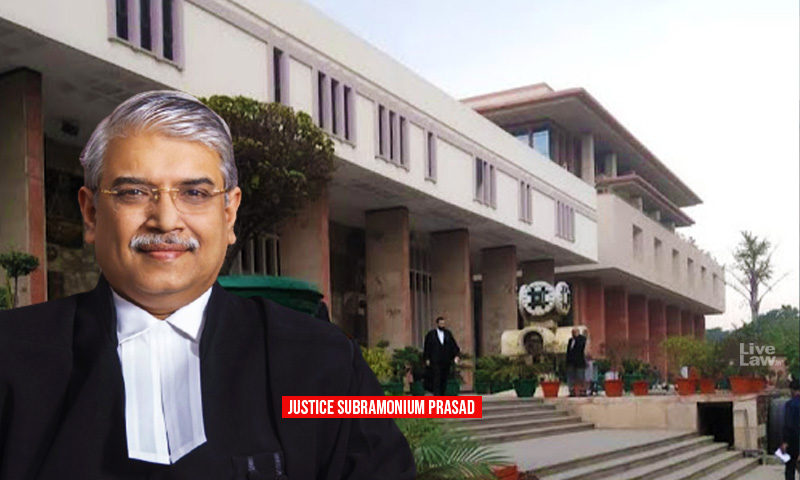The Delhi High Court has dismissed a petition seeking a direction to the Homeopathic Pharmacopoeia Institute of India, Ministry of Health, to analyse certain homeopathic prescriptions so that an inter-ministerial committee under the Ministry of Health and Family Welfare can decide whether electrohomeopathy should be recognised as an alternative medicine system.
The Ministry of Health and Family Welfare has constituted an inter-ministerial committee to assess the awareness of alternative medicine systems, including electro-homeopathy. The Homeopathic Pharmacopoeia Laboratory (HPL) acts as the national laboratory under the Drugs and Cosmetics Act, 1940, which sets standards and tests homeopathic medicines.
A meeting of the Inter-Ministerial Committee on February 19, 2021 concluded that electrohomeopathy lacks sufficient scientific data to properly assess its feasibility.
The petitioners argued that the Second Schedule of the Drugs and Cosmetics Act recognises the German Homeopathic Pharmacopoeia, which contains the Krauss and Zimpel prescriptions for the manufacture of electrohomeopathic remedies.Since tinctures cannot be manufactured, they argued that HPL’s analysis of the Krauss and Zimpel prescriptions would enable the Inter-Ministerial Committee to assess whether electrohomeopathy could be an alternative system of medicine.
Justice Subramonium Prasad He said the approval of new or alternative health systems is purely a matter of policy and that the courts have no right to shape or interfere with policy.
The Court: Nutrition Improvement Academy and others v. Government of India (2011 AIR SCW 6281); The Supreme Court stated that courts generally refrain from interfering with government policy decisions regarding public health, especially when based on thorough research and expert opinion. Courts will not substitute their own views on what is prudent or prudent for views established by qualified experts with relevant expertise.
The court stated that HPL is only duty bound to perform the functions prescribed under the Drugs and Cosmetics Act and Rules.Since clinical research does not fall within the purview of HPL, the court held that HPL has no duty to analyse electro-homeopathic medicines.
“In any event, it is the stand of defendant No. 2 that since electro-homeopathy is not covered under Rule 2(dd) and Second Schedule of the Drugs and Cosmetics Act and the Homeopathic Pharmacopoeia, analysis of electro-homeopathic medicines does not fall within the jurisdiction of defendant No. 2 and does not require any interference.”
The court also refused to interfere with the Inter-Ministerial Committee’s position of not accepting applications from individuals. “It is the petitioner’s responsibility to get in touch with other organisations seeking to substantiate their claims to recognise electrohomeopathy as a new/alternative medicine.”
The Court therefore dismissed the petition.
Case Name: Deepak Sinha v. Ministry of Health and Family Welfare and Others (WP(C) 11217/2021)
Click here to read/download the decision
